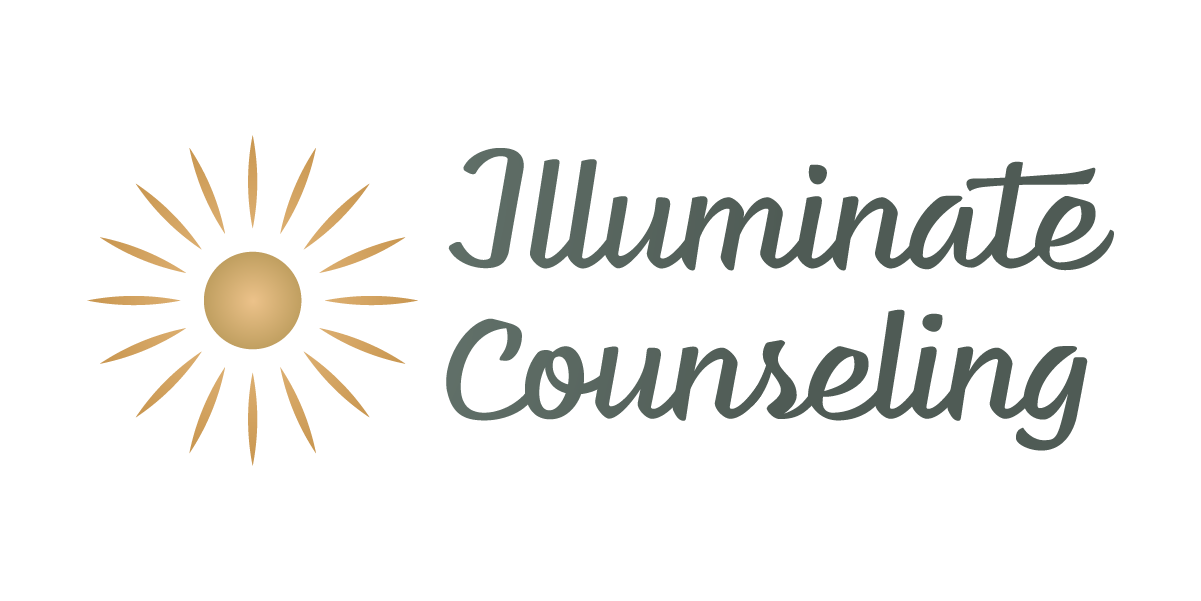Defense Mechanism: Projection
Have you ever heard of the saying, “hurt people, hurt people?”
That is a way of describing projection. Projection is when you, likely subconsciously, avoid recognizing certain traits or impulses in yourself and instead recognize those unacceptable traits or impulses in someone else.
Another way of stating “hurt people, hurt people” to better align with projection is “people who do not know they are hurt, hurt people” or “people subconsciously hurting, hurt people".”
Here are a few examples of projection:
Have you ever gotten mad at your partner for not doing enough around the house or helping out enough? But, when you think back on that time, you realize you were feeling inadequate because you did not think you were doing enough?
Have you ever been hyper-focused on others’ physical traits and critiquing them? And when you think back on those times you realize you were critiquing a physical trait in others that you are self-conscious about?
Have you ever had feelings of jealousy or anger because you feel your spouse is cheating on you? But, when you look back on those times, you realize that you may have been having feelings of being attracted to someone else?
Identifying the traits or impulses that you are avoiding often points to what I call your “shame core.” In the example above where the partner projected their feelings of not doing enough around the house onto their partner, their shame core likely resides around not being enough and fears of abandonment due to not being enough. That’s pretty heavy, isn’t it? This is why we can sometimes end up turning to defense mechanisms because sitting with our shame core is often far from easy.
The way to work against projection is to start to increase your self-awareness around your shame. What are areas you experience shame? Why does shame come up in these areas? Can you recognize when shame originated in these areas? Brene Brown, in Atlas of the Heart, recommends filling in the blank to get a quick idea of what your shame core is, “It’s really important for me not to be perceived as ________.”
By increasing your awareness of shame you can start to better recognize when traits or impulses come up for you that you consider shaming and start to catch the defense mechanisms, like projection, before they come up for you. Shame can sometimes be tricky to identify on our own, which is when speaking to a therapist can be beneficial. We are trained to help process shame and identify when it may be underlying your emotions, behaviors, and thoughts.
